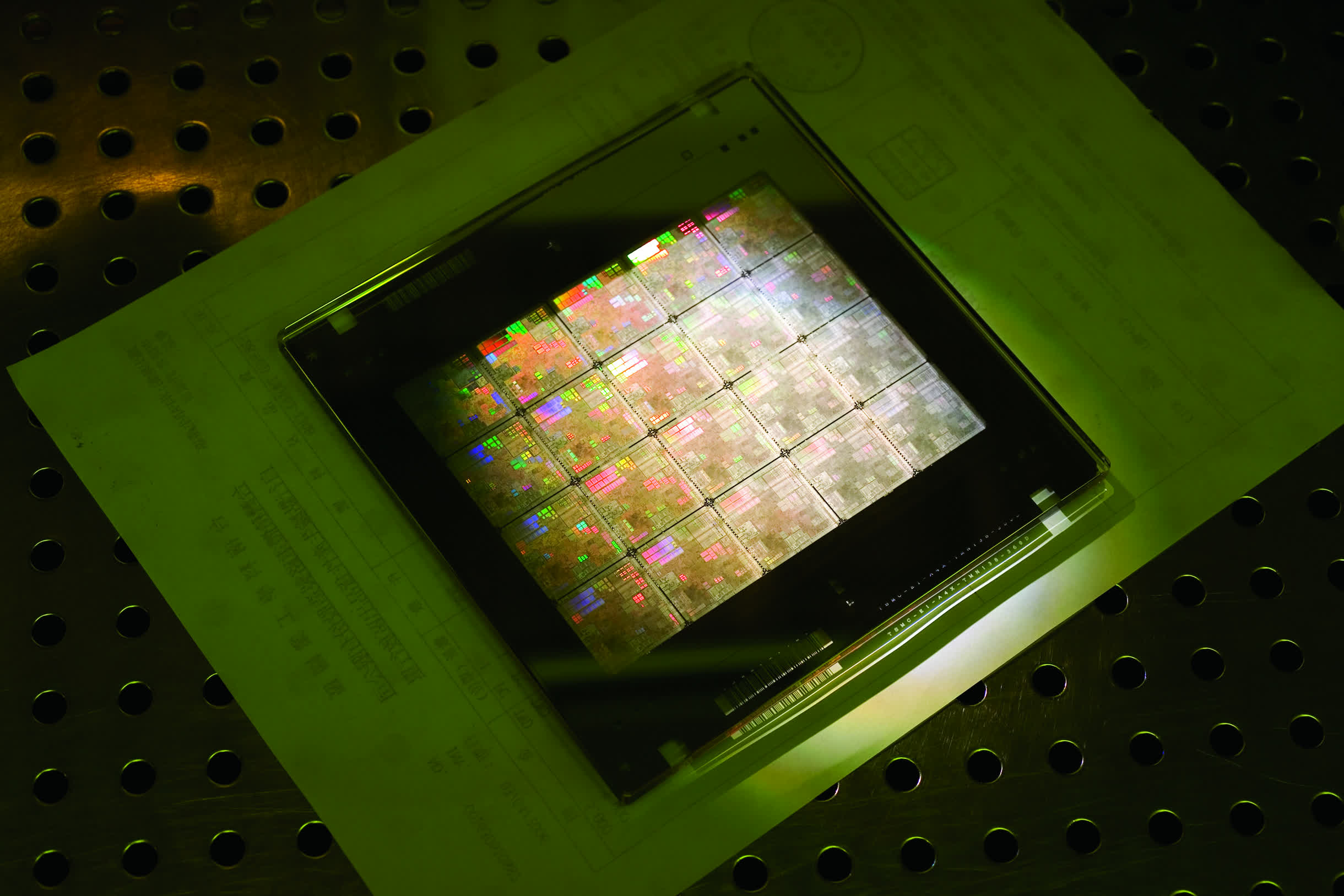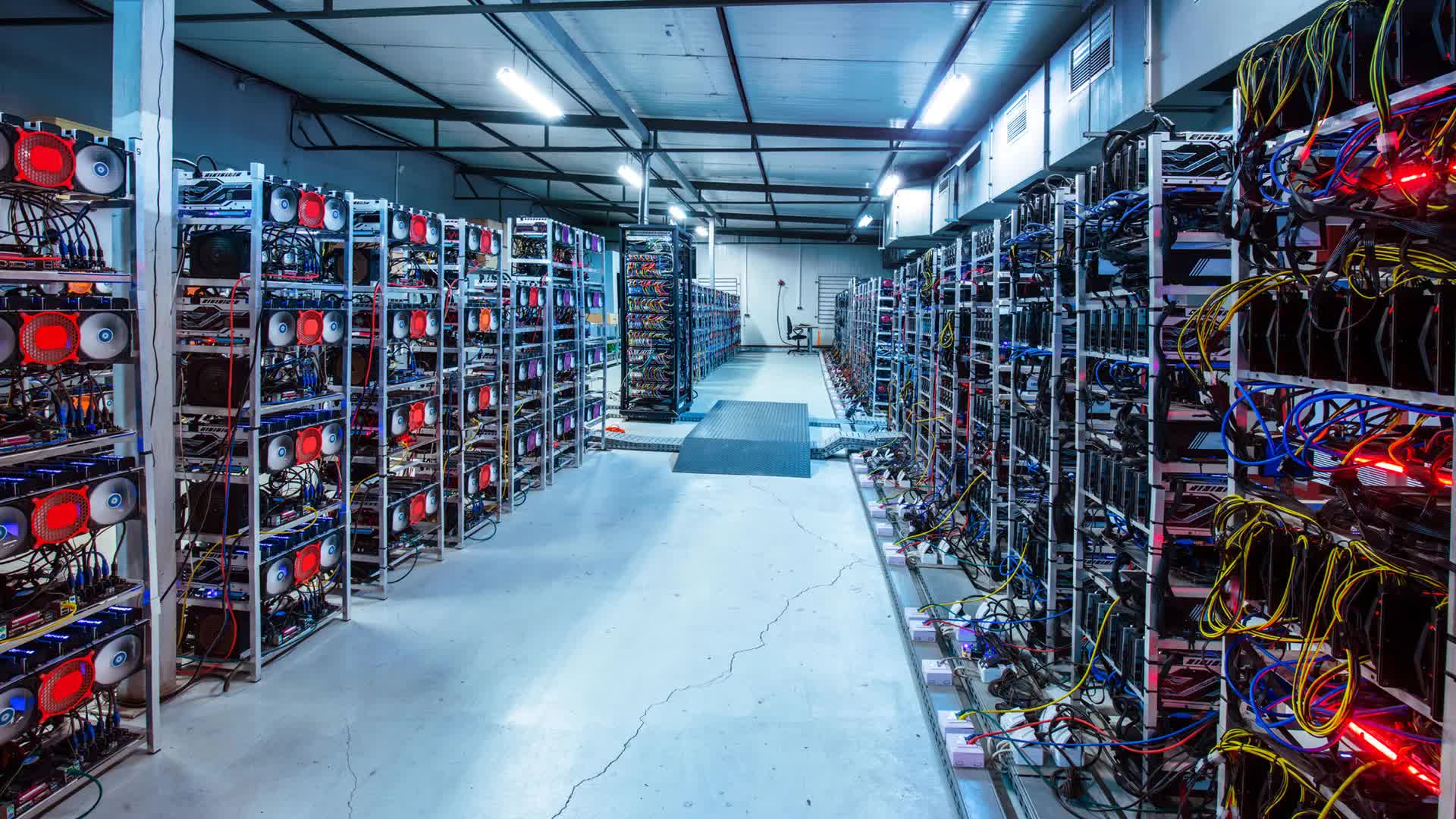The big picture: As the initial hype surrounding technology trends such as cryptocurrency mining, web3, blockchain, NFTs, and the Metaverse has subsided, many individuals and organizations involved seem to be redirecting their attention towards generative AI. This shift is also affecting hardware originally intended for blockchain and mining, which could potentially repurpose its processing power for AI applications.
Two large cryptomining companies, Hut 8 and Hive Blockchain, have redirected their mining GPU infrastructure toward high-performance computing (HPC), which includes AI workloads. This move could help recoup investments on GPUs the companies originally purchased for cryptocurrency mining, a market that dramatically shifted last year.
Miners bought so many PC graphics cards during past crypto booms to mine Ethereum that it drove up GPU prices, frustrating consumers who wanted to use them for playing games. Ethereum was particularly well-suited to GPU-based mining until the cryptocurrency transitioned its backend late last year. The subsequent crypto winter forced miners to return or resell used GPUs, although Bitcoin has recovered somewhat.
However, GPUs are also one of the main engines powering generative AI like ChatGPT (along with large numbers of contractors earning $15 an hour).
Nvidia believes AI is a much better use of its cards than crypto. The involvement of tech giants like Microsoft and Google further legitimizes AI as an alternative path for companies holding onto GPU-based crypto farms.

Hut 8's HPC business generated approximately $16.9 million last year, accounting for about 11 percent of its overall revenue. This increase is attributed to shifting processing power to AI clients. Similarly, Hive aims to grow its HPC income from $1 million to $10 million in 2024 and $20 million by 2025. The revenue could contribute to recovering the $66 million it paid Nvidia for graphics cards in 2021.
However, most crypto operators will not be able to rely on AI as a lifeline. Miner brokerage service Bitpro Consulting states that only five to 15 percent of mining GPUs can transition to HPC.
Moreover, AI applications demand substantial amounts of hardware that necessitate a large maintenance staff. Attempting this shift also puts prospective HPC companies in competition with Microsoft Azure and Amazon Web Services, which already offer mature HPC infrastructure to AI clients. Therefore, only the largest mining companies are likely to make the transition. Ordinary GPU buyers probably won't experience a massive influx of AI startups driving up prices anytime soon.
